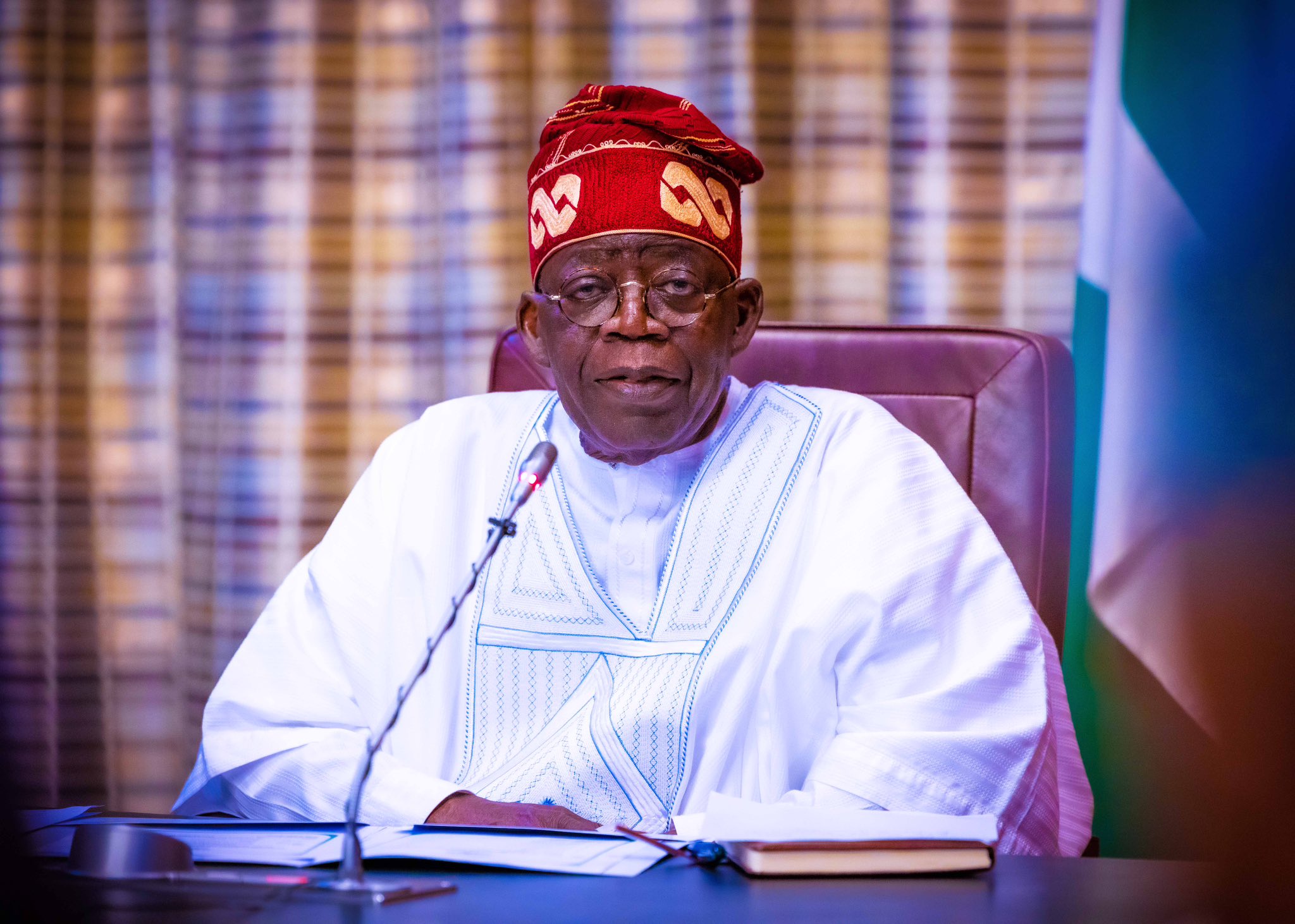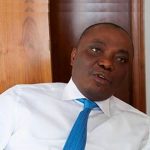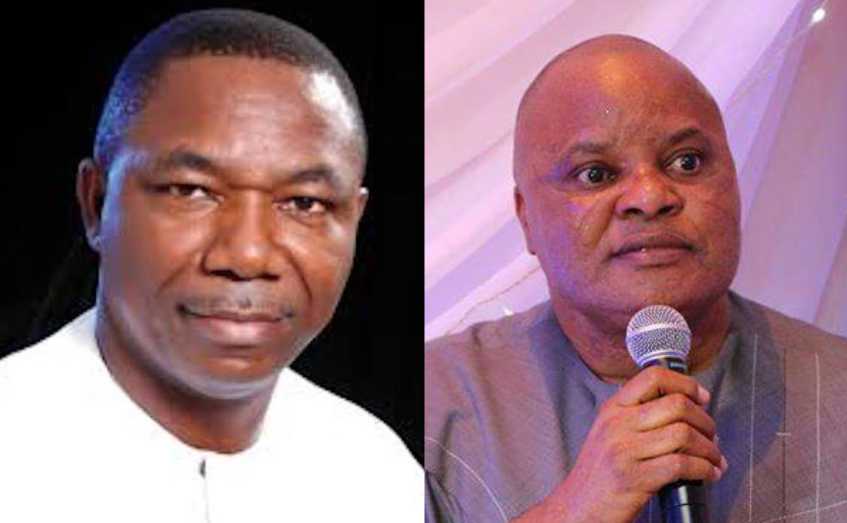President Bola Tinubu on Friday approved the establishment of a Presidential Committee on Fiscal Policy and Tax Reforms.
He appointed the Fiscal Policy Partner and Africa Tax Leader at PriceWaterhouseCoopers, Mr. Taiwo Oyedele, as committee chairman.
Friday’s development comes barely 24 hours after the President signed four Executive Orders, suspending the five per cent excise tax on telecommunication services and the excise duties escalation on locally-manufactured vehicles.
The committee “Will comprise experts from both the private and public sectors and have responsibility for the various aspects of tax law reform, fiscal policy design and coordination, harmonisation of taxes, and revenue administration,” a statement signed by Tinubu’s Special Adviser on Special Duties, Communication and Strategy, Dele Alake, read on Friday.
According to the statement titled ‘President Tinubu sets up committee on tax reforms,’ the committee’s primary objective is to enhance revenue collection efficiency and ensure transparent reporting.
It will also promote the effective utilisation of tax and other revenues to boost citizens’ tax morale, foster a healthy tax culture, and drive voluntary compliance.
Alake cited earlier remarks by the Special Adviser to the President on Revenue, Mr Zaccheus Adedeji, who explained that Tinubu recognises the importance of a sound fiscal policy environment and an effective taxation system for the functioning of the government and the economy.
According to Adedeji, “Nigeria ranks very low on the global ease of paying taxes while the country’s Tax to GDP ratio is one of the lowest in the world and well below the African average.
“This has led to an overreliance on borrowing to finance public spending, which in turn limits the fiscal space as debt service costs consume a greater portion of government revenue, annually resulting in a vicious cycle of inadequate funding for socio-economic development.
Adedeji outlined the key challenges in Nigeria’s tax system, including multiple taxes and revenue collection agencies, fragmented and complex tax system, low tax morale, high prevalence of tax evasion, high cost of revenue administration, lack of coordination between fiscal and economic policies, and poor accountability in the utilisation of tax revenue.
Adedeji explained that the administration hopes to transform the tax system to support sustainable development and achieve a minimum of 18 per cent Tax to GDP ratio within three years without stifling investment or economic growth.
“It should be noted that this committee will not only advise the government on necessary reforms but will also drive the implementation of such recommendations in support of the comprehensive fiscal policy and tax reform agenda of the current administration,” the SA on Revenue added.
Oyedele, who chairs the committee, is the Thematic Lead for the Fiscal Policy & Planning Commission and Chairman of the West Africa Debt Management Roundtable of the Nigerian Economic Summit Group.





